A sustainable economy depends upon affordable energy, and Illinois’ commitment to transition to 100% renewable energy by 2050 promotes environmental and public health, supports disadvantaged communities, and boosts the economy. Clean energy investments with comprehensive labor standards help reduce carbon emissions in Illinois while also creating pathways into the state’s middle class.
Climate Equitable Jobs Act (CEJA):
The Climate Equitable Jobs Act was signed into law by Governor JB Pritzker on September 15, 2021 and passed by a vote of 83-33 in the Illinois House of Representatives and 37-17 in the Illinois Senate. The historic bipartisan legislation reduces Illinois fossil fuel dependency.
Pro-Climate:
Illinois is on the path to 50% renewable energy by 2040 and 100% renewable energy by 2050.
Pro-Equity:
Creates the Climate Works Pre-Apprenticeship Program to recruit candidates from historically underrepresented populations.
Pro-Worker:
Expands prevailing wage standards to electric vehicle charging stations, and most wind and solar development, and includes project labor agreements with apprenticeship ratios and targeted hire goals on all utility-scale wind and solar projects and brownfield solar projects.
Electric Vehicles (EVs):
With electric vehicle growth expected to accelerate, and the use of fuel-efficient vehicles becoming increasingly common, Illinois transportation revenues will be impacted by the decrease in motor fuel dependence.
CEJA establishes a goal of one million electric vehicles (EVs) in Illinois by 2030
Rebuild Illinois included $70 million for electrification infrastructure project grants.
The federal Infrastructure Investment and Jobs Act includes $18 billion for EV investments
Illinois is expected to receive $149 million over 5 years and is eligible for other grant programs.
A comprehensive overview of the impact on transportation revenues due to transitions to electric vehicles and increased fuel efficiency can be found here.
Featured Work:
The Impact of Electric Vehicles and Increased Fuel Efficiency on Transportation Funding
January 2023 |The Climate and Equitable Jobs Act One-Pager
November 2022Building Good Local Jobs on Utility-Scale Clean Energy Projects in Wisconsin: The Impact of High-Road Labor and Contracting Standards
March 24, 2022 |Building Good Jobs on Clean Energy Projects: A Primer on the Economics of Unions and Prevailing Wage Standards in Illinois
April 1, 2021 |Building Good Jobs in the Great Plains Through Clean Energy Investments: Impacts in Minnesota, North Dakota, and South Dakota
September 3, 2020 |Climate Change and Its Impact on Infrastructure Systems in the Midwest
October 2017 |Nuclear Energy in Illinois: The Foundation of a Clean Energy Future
November 14, 2016 |A Flowing Economy: How Clean Water Infrastructure Investments Support Good Jobs in Chicago and in Illinois
January 6, 2016 |
